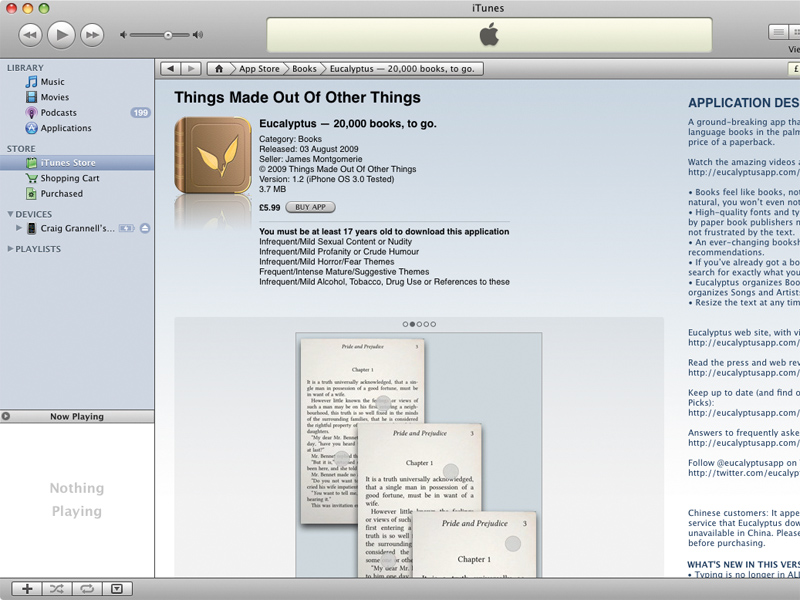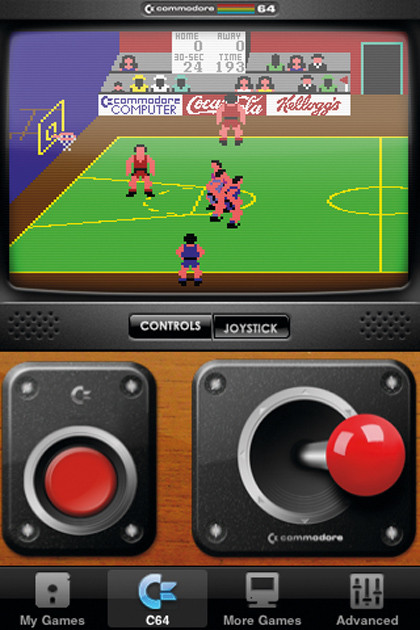Is the App Store Apple's biggest PR disaster?
Devs criticise approvals process, pricing and rating system

The App Store is regarded as a triumph: billions of downloads, millions of sales, a handful of rags-to-riches tales; and no competitor is close to matching Apple's userfriendly, app-rich environment.
Increasingly, though, dissenting voices suggest all is not well. Reports claim Apple rejects apps for bizarre reasons, and developers find a wall of silence when trying to rectify matters. And some even question the store's low prices, arguing that the flood of cheap, simplistic apps will soon render the App Store unsustainable for serious developers.
Are these complaints hot air, or is Apple about to wrench defeat from the jaws of victory?
App Store submissions
Of the issues surrounding the App Store, the application submissions policy is most controversial. The App Store is not open – developers submit completed apps, and Apple decides whether to approve them for sale.
In theory, this is beneficial, Apple ensuring 'dangerous' apps never go live. In reality, things aren't as clear-cut.
"The review process is opaque and inconsistent – frustrating at best, completely maddening at worst," argues John Gruber, who's written about the App Store on his blog, Daring Fireball.
Sign up for breaking news, reviews, opinion, top tech deals, and more.
"A particularly nonsensical rejection," says Gruber, "was eBook reader Eucalyptus, which ended up with a 17+ rating, despite downloading content solely from the free Project Gutenberg library of out-of-copyright books. It was rejected on the grounds users could download books with 'objectionable content', even though they're just books, nothing objectionable is installed by default, and all Project Gutenberg titles are accessible using Safari for iPhone".
Consistency regarding approvals is a key problem. "It hadn't occurred to me rejection was a plausible outcome," says Eucalyptus author James Montgomerie, adding that several eReaders were approved before he submitted his own.
C64 emulator rejected
Manomio had a similar shock when its Commodore 64 emulator app, called C64, was rejected. The company licensed the retro-games system and associated games, and discussions with Apple indicated Manomio's approach was within Apple's expectations. "But reports of arbitrary rejections suggested it's 'luck of the draw' if your application falls on the right desk, you get through unscathed," says Manomio's Stuart Carnie. C64 wasn't lucky and was rejected.

If rejections detailed how a developer could subsequently get an app approved, all would be well, but recommendations are usually brief or nonexistent. Manomio simply got pointed to a clause in the App Store SDK agreement. "But that clause was never intended to block applications like ours, and other apps on the store do similar things to C64," argues Carnie.
As Apple had "set a precedent", Manomio fought back, and a recent conversation with an Apple director confirmed Manomio's original direction was sound. However, C64's review shows how random approval can be.
Unlike developing for most systems, it's not just a gamble whether an app will sell, but whether end-users will get the chance to buy it at all. This could seriously hurt future app development. Oddball rejections are the minority, but their frequency is such that some developers worry supporting Apple's platform is risky.
Carnie says his experience suggested "the review team has a checklist of do's and don'ts and no room for reasonable judgment". This doesn't bestow confidence in anyone who's worked on an app for months, which is suddenly at the mercy of said reviewers. Without assurances of approval, developers may consider other platforms as safer options.
- 1
- 2
Current page: Frustration at the App Store
Next Page How Apple can fix approvals, prices and ratings